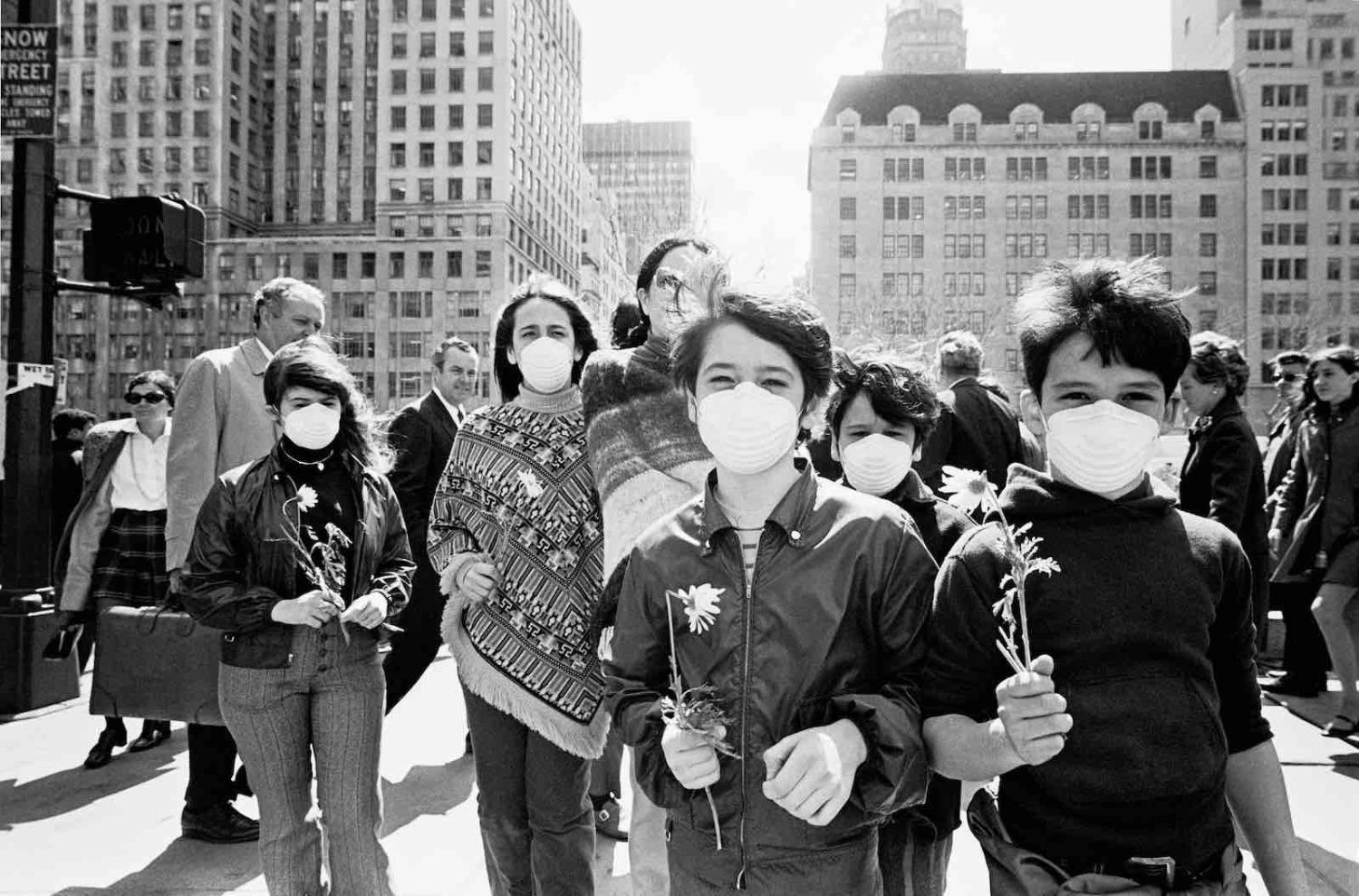- 22 April marked the 50th Anniversary of Earth Day. While Bill McKibben reminds us of the origins of the celebration, Richard Deverell argues that this year’s event could signal a turning point where we stop taking the planet for granted.
- New research by Sonia Bhalotra et. al shows that reserving seats for women in parliament leads to sharp reductions in maternal mortality in low- and middle-income countries.
- Can the burgeoning field of behavioral economics provide important insights into development issues? In this VoxDev talk, Michael Kremer and Gautam Rao discuss how the use of behavioural science can complement development work in emerging economies.
- Randomised Control Trials (RCTs) are often seen as the gold standard in development economics and interventions. But are they really? This fascinating debate from the 2020 Australasian Aid Conference features Andrew Leigh, Lant Pritchett, and Jyotsna Puri looking at how useful RCTs have been for development.
- Corporate taxation is central to economic development. However, tax administrations in developing countries often face a shortage of resources, while experienced multinational enterprises succeed in slipping through the fiscal net. In this piece, Ludvig Wier offers a solution to the issue.
- CIDCA, China's new aid agency, was established two years ago. Denghua Zhang and Hongbo Ji consider what it has accomplished over the period and how it facilitates external stakeholders in their engagement with China on aid coordination and cooperation.
- Linda Calabrese lists ten things to read about China’s activity in the global development field, from its impact in South Asia to the signing of resource-backed loans.
- On 18 April, the nation of Zimbabwe turned 40. The generation born since independence is called the “bornfrees”, but they are paradoxically still looking for freedom in a country ravaged by violence and corruption.
- Finally, Nathan Nunn has a very interesting article on the historic roots of economic development.
Meanwhile, development marches on...
As the Covid-19 pandemic demands the world’s attention, questions of economic and social progress are as urgent as ever.

The first Earth Day, April 1970, in New York (Santi Visalli/Getty Images)
Published 29 Apr 2020
Follow @AlexandreDayant